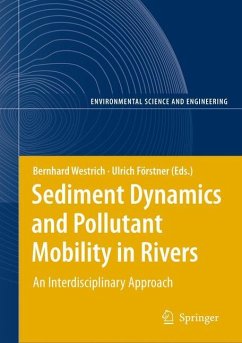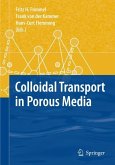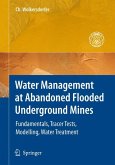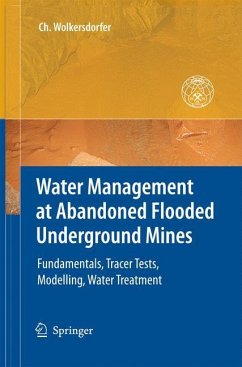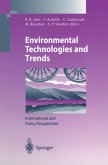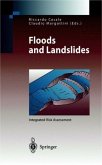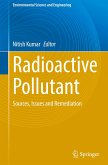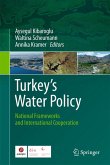1 "Sediment management requires a solid mix of pragmatism and sound science" The actual discussion on the role of sediments in the European water legislation is a typical example, how the development of environmental policies mixes legal requirements with socio-economic aspects, issues of technical feasibility, and sci- 2 entific knowledge . In fact, the Sixth Environmental Action programme of 2001 has stipulated, namely, that "sound scientific knowledge and economic assessments, reliable and up-to-date environmental data and information, and the use of indi- tors will underpin the drawing up, implementation and evaluation of environmental 3 policy" . In the ten chapters of this book, a broad set of practical process knowledge is p- sented, comprising simulation techniques, laboratory and in-situ studies on the int- action between biological, chemical and hydrodynamic factors as well as models, for solving combined quality and quantity problems of riverine sediments. The und- lying research on various types of particulate matter, risk analyses and problem - lutions will also contribute to the implementation of the Soil Strategy and - in p- ticular - Marine Strategy Directive in Europe.
From the reviews:
"This collection of 24 new papers extending work from the interdisciplinary joint program SEDYMO ... . The scientific state-of-the-art overview on sediment stability assessment is shaped by world policy and management issues. ... Chapters cover management of river sedimentation, sediment modeling and transport, catchments and sediment-water modeling, biogeochemistry and fine particle effects, and toxicity evaluation. Summing Up: Recommended. Upper-division undergraduates through professionals." (M. C. Brown, CHOICE, Vol. 45 (7), 2008)
"This collection of 24 new papers extending work from the interdisciplinary joint program SEDYMO ... . The scientific state-of-the-art overview on sediment stability assessment is shaped by world policy and management issues. ... Chapters cover management of river sedimentation, sediment modeling and transport, catchments and sediment-water modeling, biogeochemistry and fine particle effects, and toxicity evaluation. Summing Up: Recommended. Upper-division undergraduates through professionals." (M. C. Brown, CHOICE, Vol. 45 (7), 2008)

